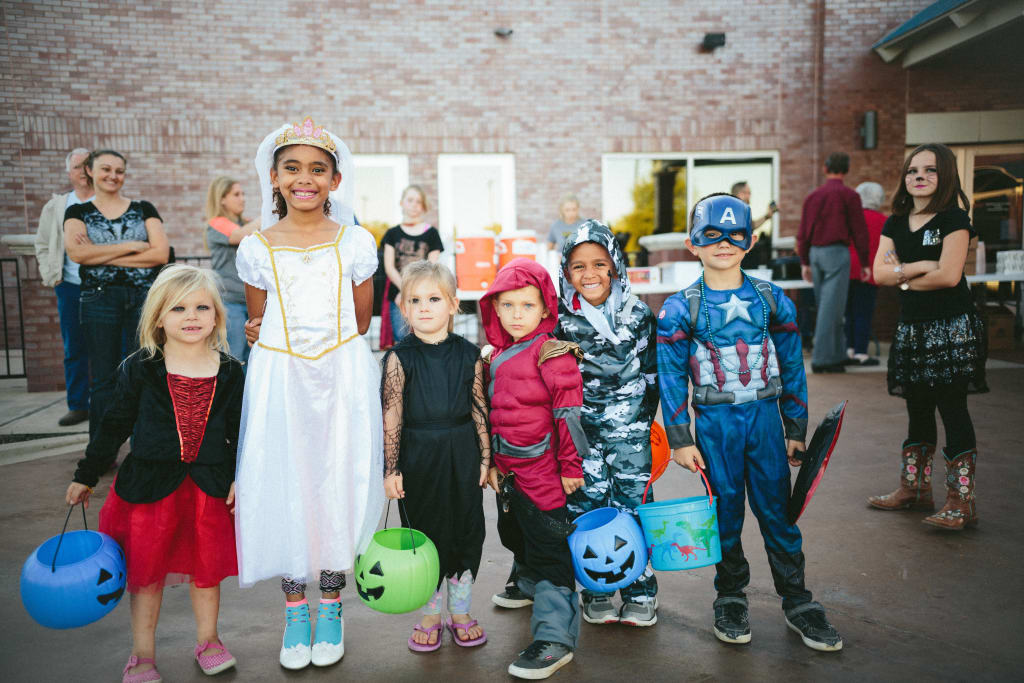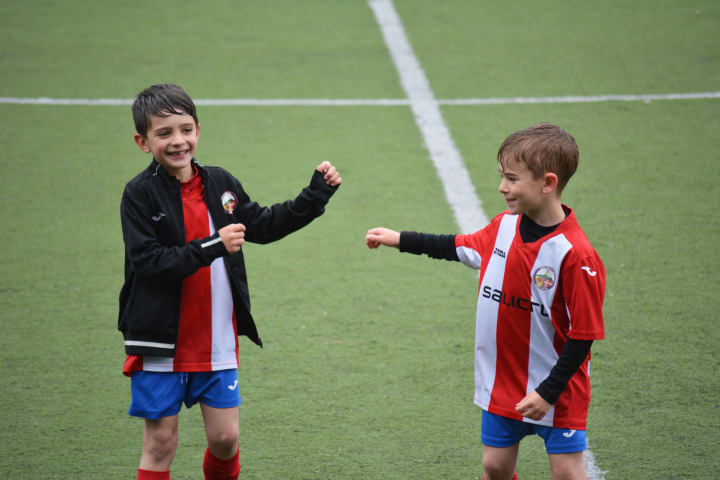
Understanding Child Development: Key Stages and Milestones
As a parent or caregiver, it's natural to want to support your child's growth and development. However, it can be challenging to know what to expect as your child moves through different stages of development. In this article, we'll explore the key stages and milestones of child development, from infancy to adolescence, and offer tips for supporting your child's cognitive, social, and emotional growth.
The Journey of Child Development: From Infancy to Adulthood
Child development can be broadly divided into five key stages: infancy, toddlerhood, early childhood, middle childhood, and adolescence. Each stage is characterized by different developmental milestones, as well as changes in physical, cognitive, and emotional development.
Infancy, which lasts from birth to around 18 months, is a time of rapid growth and development. During this stage, infants develop their sensory and motor skills, learn to communicate through babbling and facial expressions, and form attachments with their caregivers. Key developmental milestones during this stage include rolling over, sitting up, crawling, and walking.
Toddlerhood, which lasts from around 18 months to 3 years, is marked by increased independence and exploration. Toddlers learn to walk, run, and climb, and begin to develop their language and social skills. Key developmental milestones during this stage include using simple sentences, recognizing themselves in a mirror, and engaging in imaginative play.
Early Childhood, which lasts from around 3 to 6 years, is a time of rapid cognitive and social development. Children at this age become more curious and inquisitive, asking questions and exploring their environment. They also develop their language skills and begin to make friends and engage in cooperative play. Key developmental milestones during this stage include learning letters and numbers, drawing simple pictures, and following directions.
Middle Childhood, which lasts from around 6 to 11 years, is a time of increasing independence and self-awareness. Children at this age become more focused on school and academic achievement, and begin to develop a sense of self-identity. They also continue to develop their social skills and relationships with peers. Key developmental milestones during this stage include reading fluently, solving problems independently, and developing a sense of morality and ethics.
Adolescence, which lasts from around 11 to 18 years, is a time of rapid physical, emotional, and social changes. Adolescents experience hormonal changes that lead to puberty and sexual maturation, as well as changes in their cognitive abilities and social relationships. Key developmental milestones during this stage include developing a sense of personal identity, forming romantic relationships, and preparing for adulthood.
Milestones and Signposts: Tracking Your Child's Developmental Progress

As your child moves through each stage of development, it's important to track their progress and offer support where needed. Developmental milestones are key signposts that can help you assess your child's growth and identify any areas where they may need additional support or resources.
For example, if your child is not meeting key milestones during infancy, such as rolling over or sitting up, you may want to consult with your pediatrician or a developmental specialist. Similarly, if your child is struggling with social skills or academic achievement in middle childhood, you may want to seek out resources such as tutoring, therapy, or extracurricular activities.
The Building Blocks of Cognitive and Social Development in Children
Cognitive and social development are two key areas of child development that are closely interconnected. Cognitive development refers to the growth and maturation of cognitive abilities such as memory, attention, problem-solving, and language. Social development refers to the growth and maturation of social skills such as communication, empathy, and cooperation.
During early childhood, for example, children begin to develop important cognitive skills such as memory, attention, and problem-solving. They also begin to develop their language skills, which are crucial for communication and social interaction.
Social development in early childhood is characterized by the formation of friendships and the ability to engage in cooperative play. Children learn to share, take turns, and work together to achieve common goals. These skills are important for developing empathy and social intelligence, which are key factors in building healthy relationships later in life.

As children move into middle childhood, cognitive development continues to be an important focus. Children at this age begin to develop more advanced problem-solving skills and critical thinking abilities. They also begin to develop a sense of morality and ethics, which are important for navigating complex social situations.
Social development in middle childhood is characterized by the development of more complex social relationships, including friendships, peer groups, and romantic interests. Children at this age also begin to develop a sense of identity, which can be influenced by social factors such as culture, ethnicity, and gender.
Supporting Your Child's Developmental Journey: Tips and Strategies
As a parent or caregiver, there are many things you can do to support your child's growth and development. Here are some tips and strategies for each stage of development:
Infancy:
• Provide a safe and nurturing environment for your baby.
• Engage in lots of physical play and interaction.
• Offer age-appropriate toys and activities that encourage exploration and sensory stimulation.
Toddlerhood:
• Encourage your child's independence and exploration.
• Offer lots of opportunities for physical activity and outdoor play.
• Read to your child and engage in conversation to develop language skills.
Early Childhood:
• Encourage your child's curiosity and creativity.
• Offer lots of opportunities for imaginative play and social interaction.
• Provide age-appropriate books and educational resources to support learning.
Middle Childhood:
• Foster your child's independence and responsibility.
• Encourage academic achievement and offer support where needed.
• Encourage social skills and relationships with peers.
Adolescence:
• Support your child's developing sense of identity and independence.
• Encourage open communication and active listening.
• Provide guidance and support as your child navigates complex social situations.
Conclusion:
Understanding child development is a key factor in supporting your child's growth and helping them reach their full potential. By tracking developmental milestones, offering support where needed, and providing opportunities for learning and social interaction, you can help your child thrive at every stage of their developmental journey.
TC: Photo by Conner Baker , Adrià Crehuet Cano on Unsplash
About the Creator
krish
Freelance writer and blogger sharing meaningful stories about universe, nature and humanity. Daring to know more, exploring and sharing insights on a journey of discovery. Join me in this never-ending quest for knowledge.






Comments
There are no comments for this story
Be the first to respond and start the conversation.